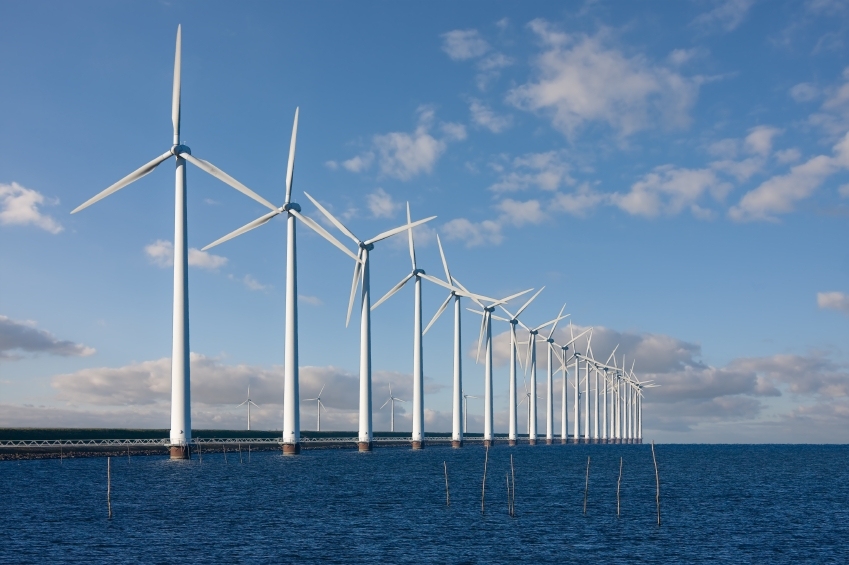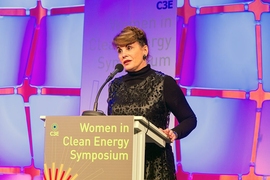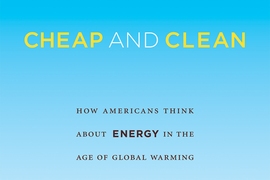What will it take to limit global warming and the risk of catastrophic outcomes? Can the world unite behind a plan to limit greenhouse gases? That is the challenge before the world leaders who will gather in Paris in December to negotiate an agreement on climate.
Many of those leaders have already revealed the voluntary commitments they are prepared to make during those negotiations, known as the 2015 Paris Climate Conference, the 21st annual Conference of Parties, or COP21. Now, a study led by MIT researchers, in consultation with researchers from Tsinghua University in China, attempts to quantify the potential impact of those commitments. Specifically, the researchers find that, all told, the known commitments could result in the significant expansion of solar and wind energy technologies, driving cost reductions and growth in the adoption and installation of these technologies.
The report, “Technology improvement and emissions reductions as mutually reinforcing efforts: Observations from the global development of solar and wind energy,” is global in scope and was released in Washington this afternoon, during an update on the state of clean energy technologies in the United States by the U.S. Department of Energy at an event hosted by the Carnegie Endowment for International Peace.
“Our research finds that commitments offered in advance of the Paris meetings provide an opportunity to support major growth and innovation in low-carbon energy. Technology-improvement trends also suggest the potential for strengthening global ambitions further. Ultimately, the goal of global efforts on climate change should be to achieve a self-sustaining, virtuous cycle of emissions reduction and low-carbon technology development,” said Jessika Trancik, the Atlantic Richfield Assistant Professor of Energy Studies at the MIT Institute for Data, Systems and Society (IDSS). “Given recent trends and future commitments, this appears increasingly realistic. Climate negotiations offer an opportunity to achieve this goal.”
The white paper examines the evolution of solar and wind technology installation levels, policy, and cost performance in recent decades. In addition to these data, the researchers use public information gathered from nations’ voluntary commitments in advance of the negotiations for modeling, and conclude that solar and wind energy are poised for major growth if nations can promote a combination of global knowledge-sharing, global access to financing, and further development technologies such as energy storage that address intermittency of wind and solar.
The researchers describe how the deployment of the low-carbon energy technologies necessary to achieving greenhouse gas emissions cuts helps bring about cost reductions that in turn will make further emissions cuts feasible. They find that climate negotiations may provide an opportunity to take advantage of this reinforcement effect and drive down the cost of mitigating carbon emissions by 2030 with concerted global efforts. Furthermore, these cost reductions can be accelerated if countries increase their commitments to deploying renewable and other clean energy technologies.
Members of the core research team include MIT graduate students Patrick Brown, Magdalena Klemun, Goksin Kavlak, and Joel Jean. Other MIT contributing authors included postdoc James McNerney and graduate students Morgan Edwards, Marco Miotti, Joshua Mueller, and Zachary Needell. Trancik and others on the research team are affiliated with the MIT Energy Initiative (MITEI) and IDSS.
The MIT team collaborated with a team led by Professor Ye Qi of Brookings Tsinghua Center for Public Policy, including Jiaqi Lu, Xiaofan Zhao, and Tong Wu.
An executive summary and a full version of the report are available via the MITEI website.










